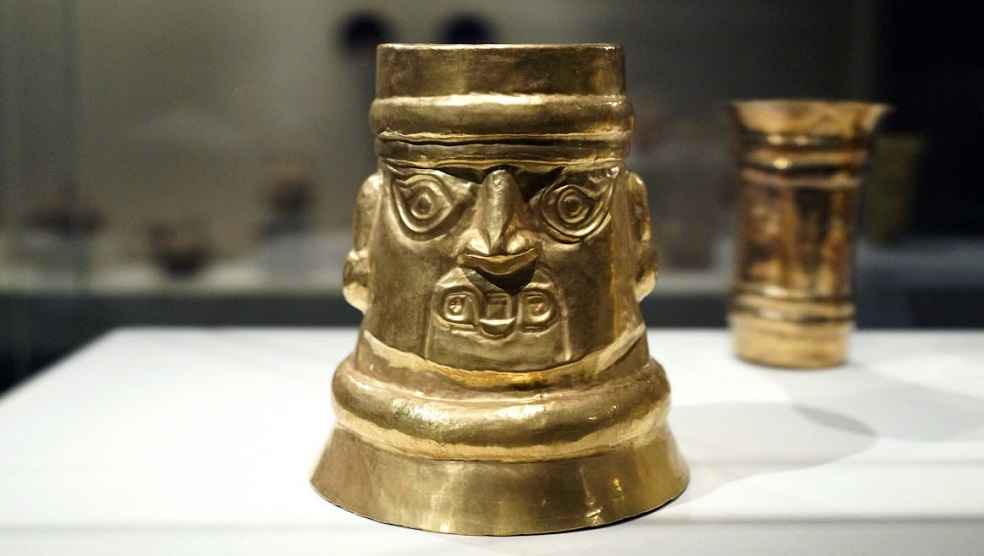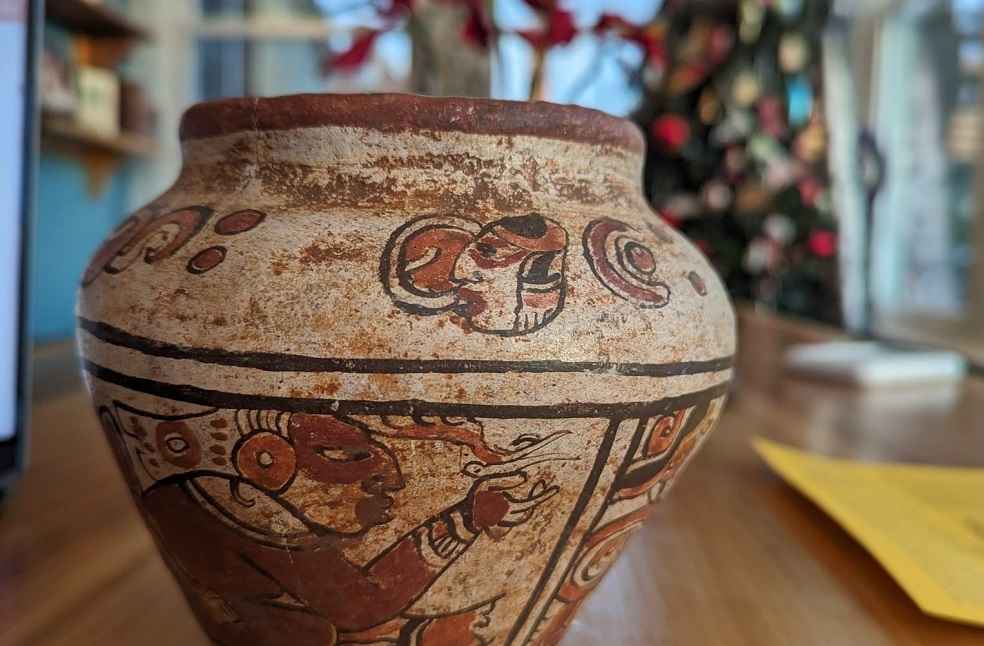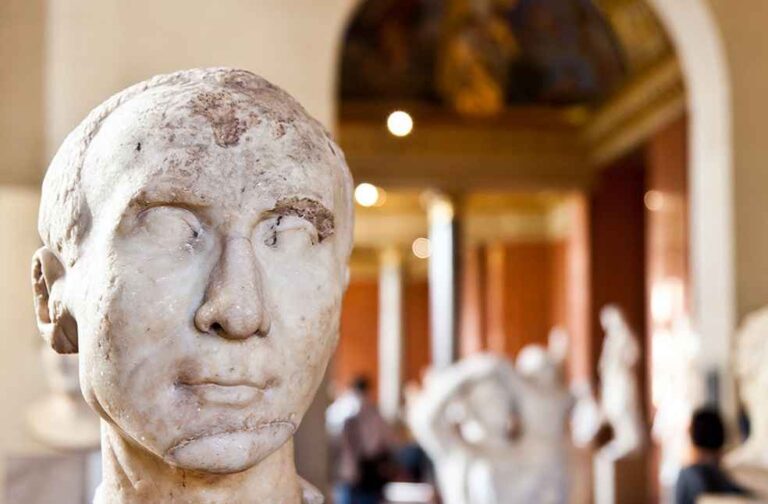The United Nations General Assembly has adopted a resolution calling for enhanced global efforts to combat the illegal trade in cultural artefacts. Highlighting the significance of cultural heritage as a symbol of human identity and history, the Assembly urged member states to develop robust legal frameworks to protect such property and support international cooperation to address this persistent issue.
The resolution expressed grave concern over the illegal removal of cultural artefacts, monuments, and manuscripts, particularly those taken before the 1970 UNESCO Convention on the Means of Prohibiting and Preventing the Illicit Import, Export, and Transfer of Ownership of Cultural Property. It commended the roles of INTERPOL and UNESCO in tackling the trafficking of cultural goods and emphasized the need for stronger global action.
Greece’s delegate introduced the resolution, stressing the dual importance of protecting lives and preserving cultural identity. “Respect for cultural property is respect for humanity itself,” he stated.

Yemen’s representative highlighted the challenges facing cultural heritage in conflict zones, noting that Houthi militias have systematically looted museums and smuggled artefacts. He called for urgent international intervention to end such crimes.
The representative of Cyprus shared her country’s history of cultural loss due to foreign invasions and illicit trade, noting that over 60,000 cultural items have been illegally exported in the past five decades, with 20,000 still missing.
Sao Tome and Principe’s delegate, representing the Community of Portuguese-Speaking Countries, emphasized the importance of returning artefacts to their countries of origin as a step towards reconciliation and global solidarity.
Türkiye’s speaker condemned the destruction of archaeological sites and cultural treasures, highlighting efforts to control illegal artefact transfers at its borders. Egypt’s representative called for the swift implementation of the 1970 UNESCO Convention, stressing the importance of monitoring art markets and auctions to prevent illegal trade.

Burundi’s delegate underscored the universal nature of the issue, stating that cultural heritage represents a people’s collective memory and identity. He called for justice and dignity through the return of looted artefacts and emphasized raising awareness, enforcing ethical standards, and ensuring transparency in the art market.
The resolution recognizes that the illegal trade in cultural artefacts is a global challenge requiring collective action. By fostering international cooperation, implementing strict legal measures, and promoting ethical practices in the art market, the UN aims to preserve the cultural heritage of all nations, ensuring that future generations can celebrate their identities and histories.
BUSINESS GENERAL | AfCFTA Powers Africa’s Pharmaceutical Growth and Investment Potential



